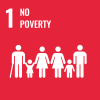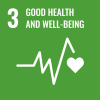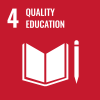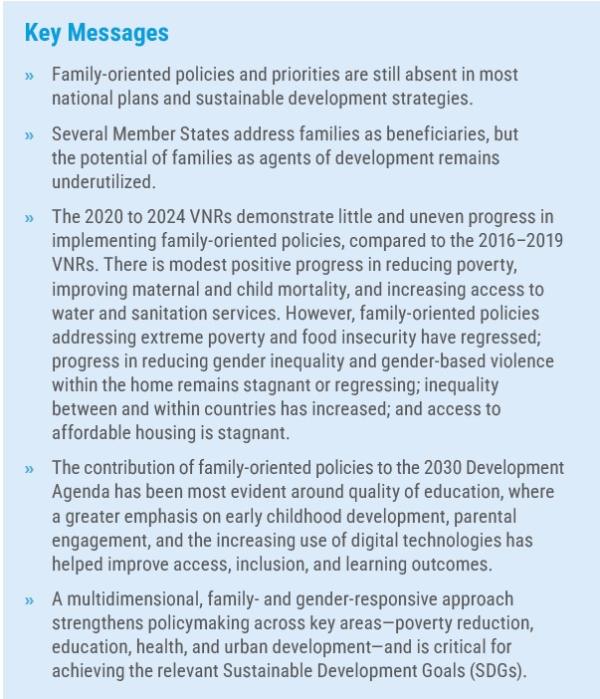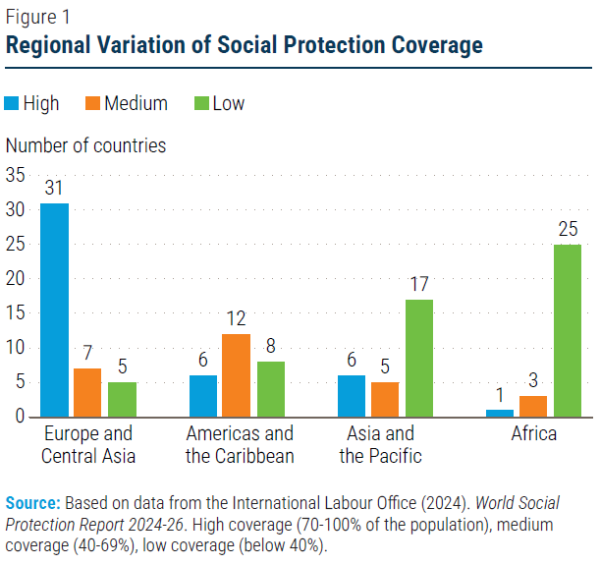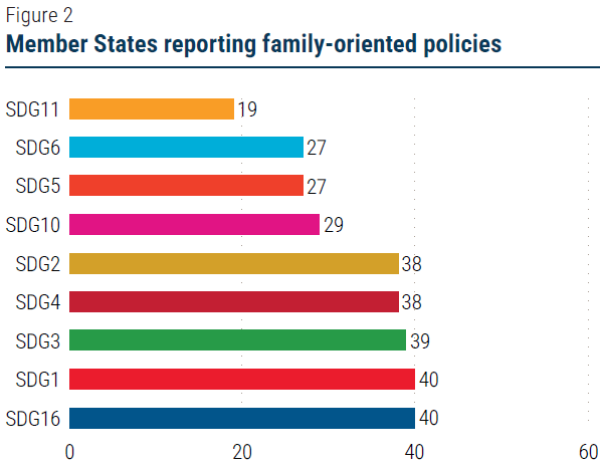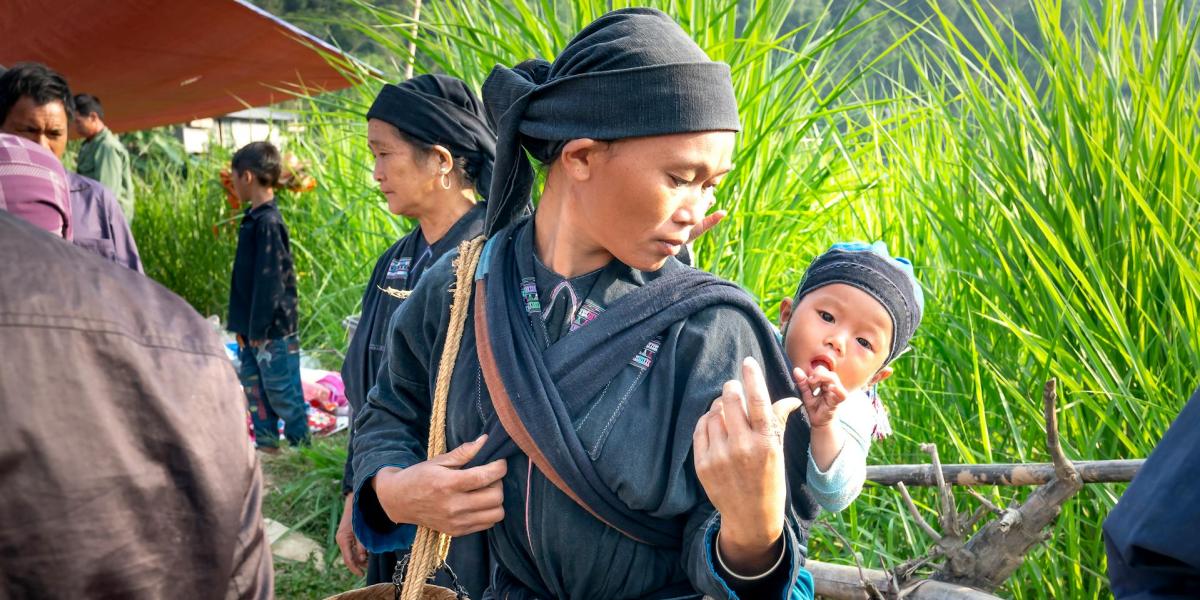
INTRODUCTION
Family-oriented policies and programmes involve families in their design and implementation. They promote the wellbeing of family units and their members in areas such as child education and development, intergenerational care and support, and work and family reconciliation, thus contributing to several SDGs. The upcoming Second World Summit for Social Development provides an opportunity to take stock of the importance of family-oriented policies for social development and demonstrate that further advancement of family policy in the context of the 2030 Agenda depends on how well issues of family policy are integrated into the overall development planning at national levels.
This brief presents a global analysis of 171 Voluntary National Reviews (2020–2024) from 141 countries addressing core aspects of family well-being by focusing on policies related to: poverty reduction (SDG1), food security and nutrition (SDG2), health and well-being (SDG3), quality education (SDG4), and gender equality (SDG5). It also considers complementary goals that influence the well-being of families, including access to water and sanitation (SDG6), housing, transportation, and inclusive urban development (SDG11), reduced inequalities (SDG10), as well as peaceful and inclusive societies (SDG16). Notably, the period under scrutiny spans five years and is marked by the adverse impacts of the COVID-19 pandemic and recovery efforts. Moreover, the reporting countries vary in levels of development and state capacities.
Sharp and persistent inequalities mark the well-being of families across the globe. Low-income families, rural families, families of Indigenous Peoples and ethnic minorities, as well as migrant and displaced families, are particularly affected, as are children, women, older persons, and persons with disabilities within families. Disparities between and within regions are striking: European countries generally show the best family well-being outcomes across all SDGs. In contrast, many countries in Sub-Saharan Africa face critical deficits, edging into humanitarian emergencies. Most countries in the Middle East and North Africa (MENA) region have made significant progress, but gaps remain, particularly regarding gender equality. Latin American, Caribbean, and Southeast Asian countries demonstrate pockets of advancement, but families continue to face structural barriers, economic inequalities, and limited access to quality services.
Countries reporting on family-oriented policies to achieve Sustainable Development Goals 1–6, 10, 11 & 16 (2020–2024)
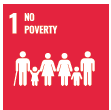
Argentina, Austria, Bangladesh, Belgium, Bulgaria, Brazil, Canada, Chile, Colombia, Costa Rica, Czechia, Denmark, Ecuador, Egypt, Estonia, Fiji, Finland, Germany, Iceland, India, Indonesia, Ireland, Italia, Latvia, Lithuania, Mexico, Mongolia, Nepal, the Netherlands, Norway, Peru, Philippines, Poland, Rwanda, Spain, Sweden, Thailand, Tuvalu, Ukraine, Vietnam.
Of the 141 Member States reporting on poverty, 40 are developing family-oriented policies to end poverty. Some have implemented social protection and income support programmes involving families in planning and service delivery. However, challenges remain in fully empowering families as active partners, reaching the most marginalized, and consolidating integrated, long-term strategies to break the intergenerational cycle of poverty.
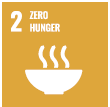
Argentina, Bangladesh, Bhutan, Brazil, Cambodia, Chile, Colombia, Costa Rica, Cuba, Ecuador, El Salvador, Ethiopia, Fiji, India, Indonesia, Italy, Jamaica, Laos, Malawi, Mexico, Mongolia, Nepal, Nicaragua, Paraguay, Peru, Philippines, Qatar, Saint Vincent and the Grenadines, Spain, Thailand, Timor-Leste, Tuvalu, Uganda, Uruguay, Vanuatu, Vietnam, Zimbabwe.
Some Member States have promoted family farming as a pillar of sustainable food systems, strengthening local production-consumption chains, and improving food security and nutrition for families, children, and communities. Educational and health initiatives have been targeted to address the nutritional needs of parents and children and to promote healthy behaviours, including nutrition education programmes delivered through early childhood education centres and schools, breastfeeding counselling, and community-based guidance on nutrition practices. However, significant challenges remain in scaling up integrated food security strategies and ensuring resilience to climate and economic shocks disproportionately affecting family-based agriculture.
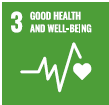
Argentina, Austria, Bangladesh, Belgium, Bhutan, Botswana, Brazil, Canada, Chile, Colombia, Costa Rica, Cuba, Czechia, Denmark, Ecuador, Estonia, Ethiopia, Finland, Germany, Iceland, India, Ireland, Italy, Malawi, Mexico, Mongolia, Nepal, the Netherlands, Norway, Peru, Sierra Leone, Spain, Sweden, Thailand, Uganda, Uruguay, Vietnam, Zambia, Zimbabwe.
Several Member States have significantly improved maternal, neonatal, and child health; they have expanded reproductive health education and promoted changes in gender norms to reduce teenage pregnancies. A few countries used family networks and community health systems to maintain service delivery. However, challenges remain in fully reaching marginalised families, such as rural families, using a life-course approach and ensuring the achievement of universal health coverage and access to modern contraceptive methods, and accelerating profound cultural shifts towards gender equality in health-related decision-making.
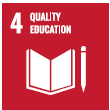
Argentina, Austria, Belarus, Belgium, Brazil, Canada, Chile, Colombia, Costa Rica, Croatia, Cuba, Denmark, Ecuador, Estonia, Finland, Germany, Iceland, Ireland, Italy, Jamaica, Japan, Latvia, Liechtenstein, Lithuania, Mexico, the Netherlands, Norway, Peru, Poland, Qatar, Saint Vincent and the Grenadines, Singapore, the Russian Federation, Spain, Sweden, Tuvalu, Uruguay, Vietnam.
While many Member States have introduced family-oriented policies to empower parents as partners in children’s education, progress towards SDG4 remains uneven. Strong programmes linking parenting skills to school performance have sometimes improved learning outcomes, but limited coverage, weak coordination, and social inequalities still hinder a broader impact. Strengthening parental engagement across all education levels is key to achieving more inclusive and equitable quality education.
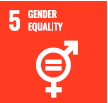
Argentina, Austria, Belgium, Brazil, Canada, Chile, Colombia, Costa Rica, Cuba, Denmark, Ecuador, Estonia, Finland, Germany, Iceland, Ireland, Italy, Latvia, Lithuania, Mexico, the Netherlands, Norway, Peru, Singapore, Spain, Sweden, Uruguay.
Family-oriented policies have contributed to advancing gender equality in some Member States, particularly through expanded parental leave, childcare services, promotion of shared domestic responsibilities, and support for victims of family violence. Some countries have implemented intersectoral responses, including school-family partnerships, parenting education, and community outreach. These measures help prevent violence and foster a culture of shared responsibility within families and communities. However, progress towards achieving SDG5 remains uneven. Several Member States still lack strong programmes to transform traditional gender roles within families, redistribute unpaid care work, and eliminate harmful practices such as child marriage and female genital mutilation.
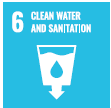
Argentina, Bangladesh, Bhutan, Brazil, Cambodia, Chile, Colombia, Costa Rica, Ecuador, Ethiopia, Ghana, India, Indonesia, Laos, Malawi, Mexico, Nepal, Paraguay, Peru, Sierra Leone, Sri Lanka, Thailand, Timor-Leste, Uganda, Vietnam, Zambia, Zimbabwe.
Family-oriented policies have helped expand access to safe water, sanitation, and hygiene in many Member States through community and household engagement strategies, such as mobilising families to build toilets, plan piped water access, and offer hygiene and sanitation maintenance training.
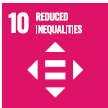
Argentina, Austria, Belgium, Brazil, Canada, Chile, Colombia, Costa Rica, Ecuador, Ethiopia, Estonia, Finland, Germany, Ghana, Iceland, Indonesia, Ire-land, Italy, Latvia, Lithuania, Mexico, the Nether-lands, Norway, Paraguay, Peru, Philippines, Spain, Sweden, Uruguay.
Some Member States have implemented cash transfer and social protection programmes that actively engage families in education, health, and employment pathways. By improving access to essential services, supporting children’s school attendance, encouraging preventive health practices, and promoting parental labour market participation, these programmes reduce inequalities and enhance the social and economic inclusion of disadvantaged households. Such programmes work best when embedded in broader social policy design and involving families in their design.
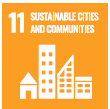
Austria, Belgium, Brazil, Chile, Colombia, Denmark, Ecuador, Finland, Germany, Ireland, Italy, Jamaica, the Netherlands, Norway, Portugal, Saint Vincent and the Grenadines, Spain, Switzerland, Uruguay.
Some Member States have implemented family-oriented policies involving families and communities in urban planning, and some decision-making regarding housing, open public and green spaces, and neighbourhood development.
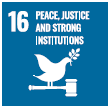
Argentina, Austria, Belgium, Chile, Colombia, Costa Rica, Croatia, Cuba, Denmark, Egypt, Fiji, Finland, Germany, Ghana, Iceland, India, Indonesia, Ireland, Italy, Japan, Kenya, Lithuania, Mexico, Mongolia, Namibia, Nepal, the Netherlands, Norway, Peru, Philippines, Portugal, Rwanda, Slovenia, Spain, Sweden, Switzer-land, Thailand, Uganda, Uruguay, Vietnam.
Family-oriented policies have helped advance SDG16 by strengthening legislations against violence, promoting child protection systems, expanding services for survivors of violence and access to justice, and ensuring universal birth registration. Some Member States also implement active services to empower families, promote positive parenting, and foster gender equality.
KEY POLICY RECOMMENDATIONS
- Integrate family-oriented policies and programmes into overall socio-economic policymaking to accelerate SDG progress.
- Reinforce families’ role in designing and implementing family-friendly policies and programmes.
- Ensure universal access to sexual and reproductive health services, especially for adolescents, rural families, and vulnerable groups.
- Strengthen family and gender-responsive policies in childcare, parental leave, care for older persons, and support for unpaid family caregivers.
- Recognise and redistribute unpaid care work through national care systems.
- Expand social investments in early childhood development and quality education, prioritizing disadvantaged children and rural areas.
- Promote violence-free family relationships and environments and safe public spaces by strengthening prevention programmes, ensuring access to protection services, including parenting education, expanding educational and awareness-raising campaigns, and enforcing laws and policies that safeguard all vulnerable family members.
- Strengthen mental health and well-being services for families, focusing on accessible community-based support.
- Build resilience of families through socioecological approaches that address risks linked to climate change.
 Welcome to the United Nations
Welcome to the United Nations
